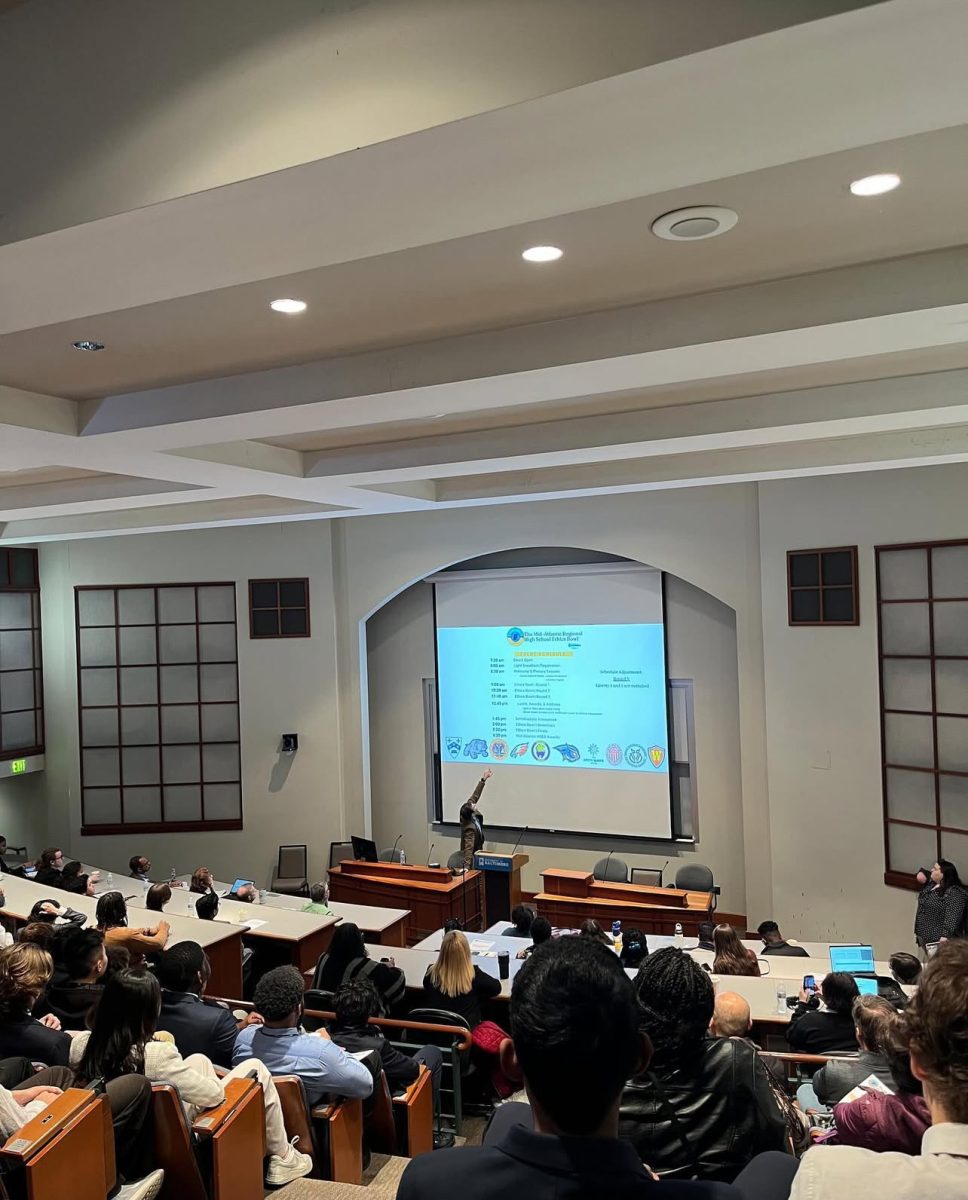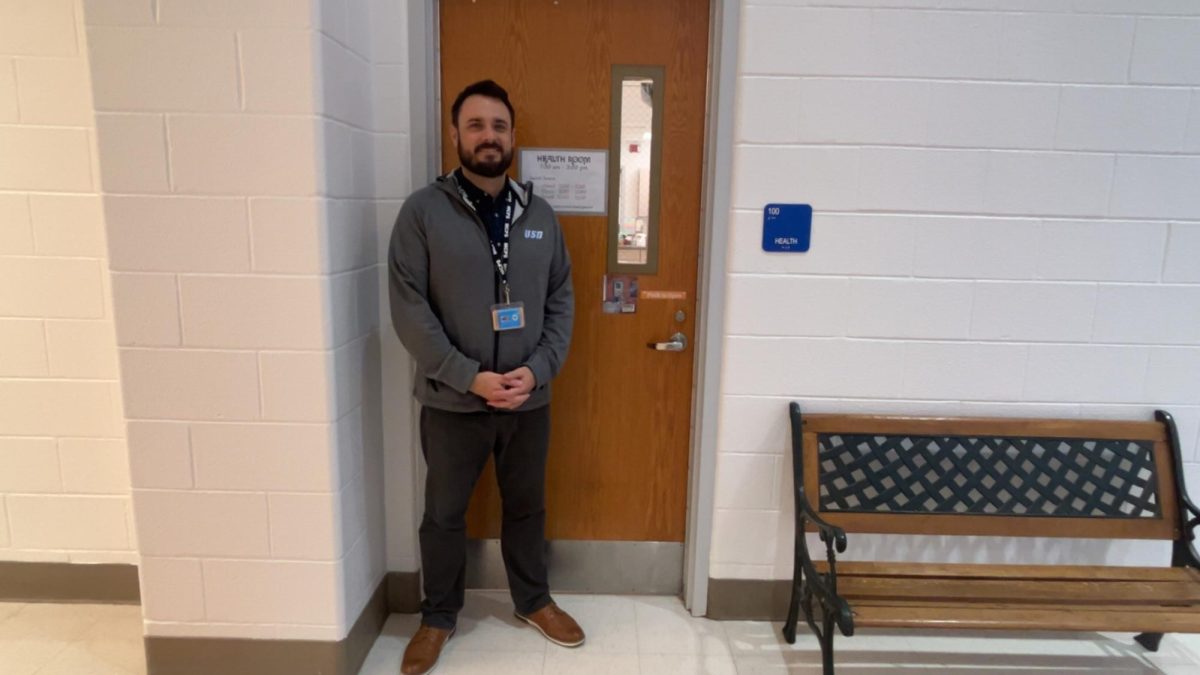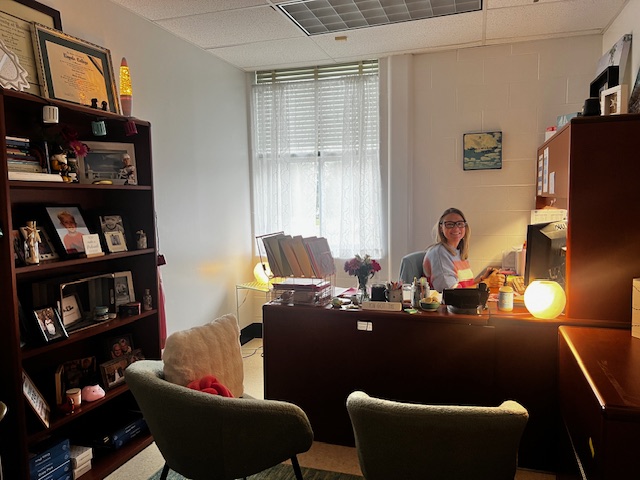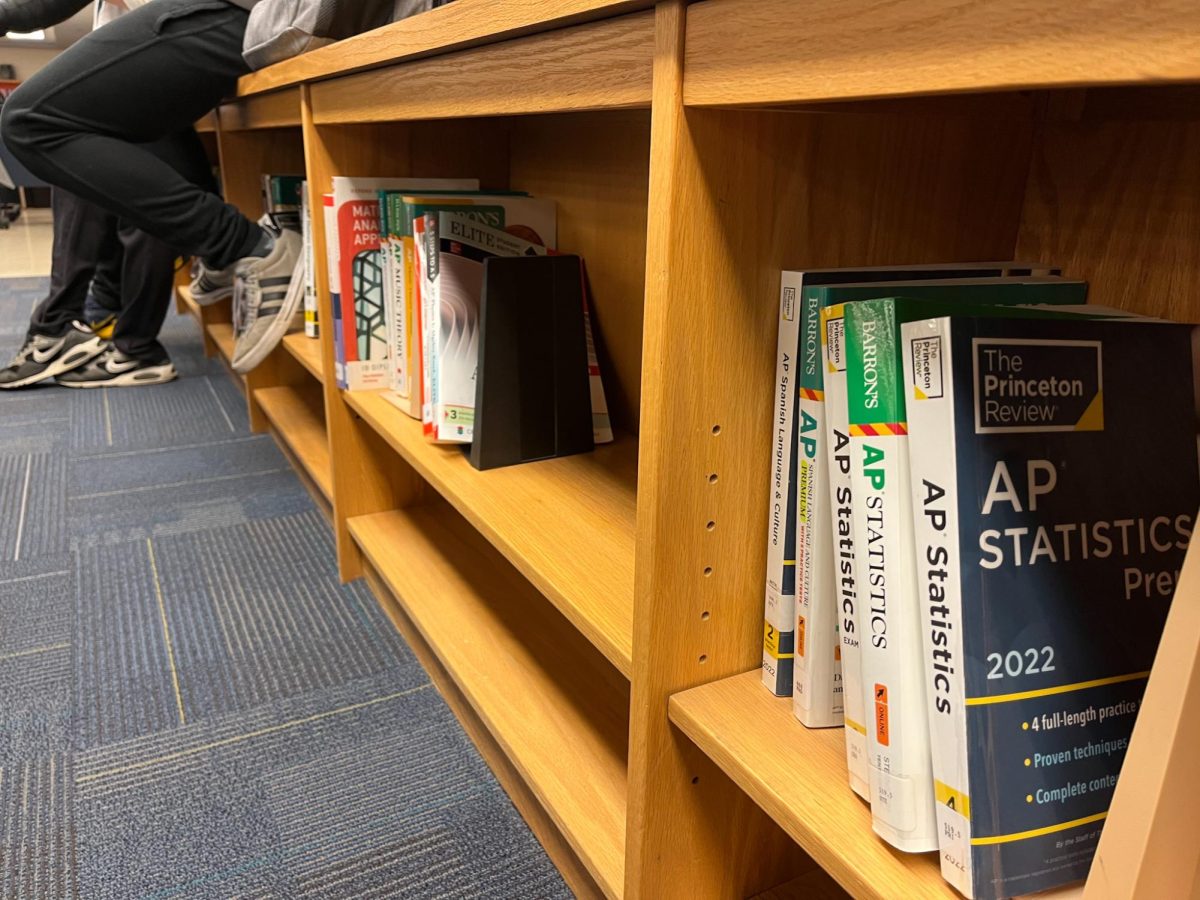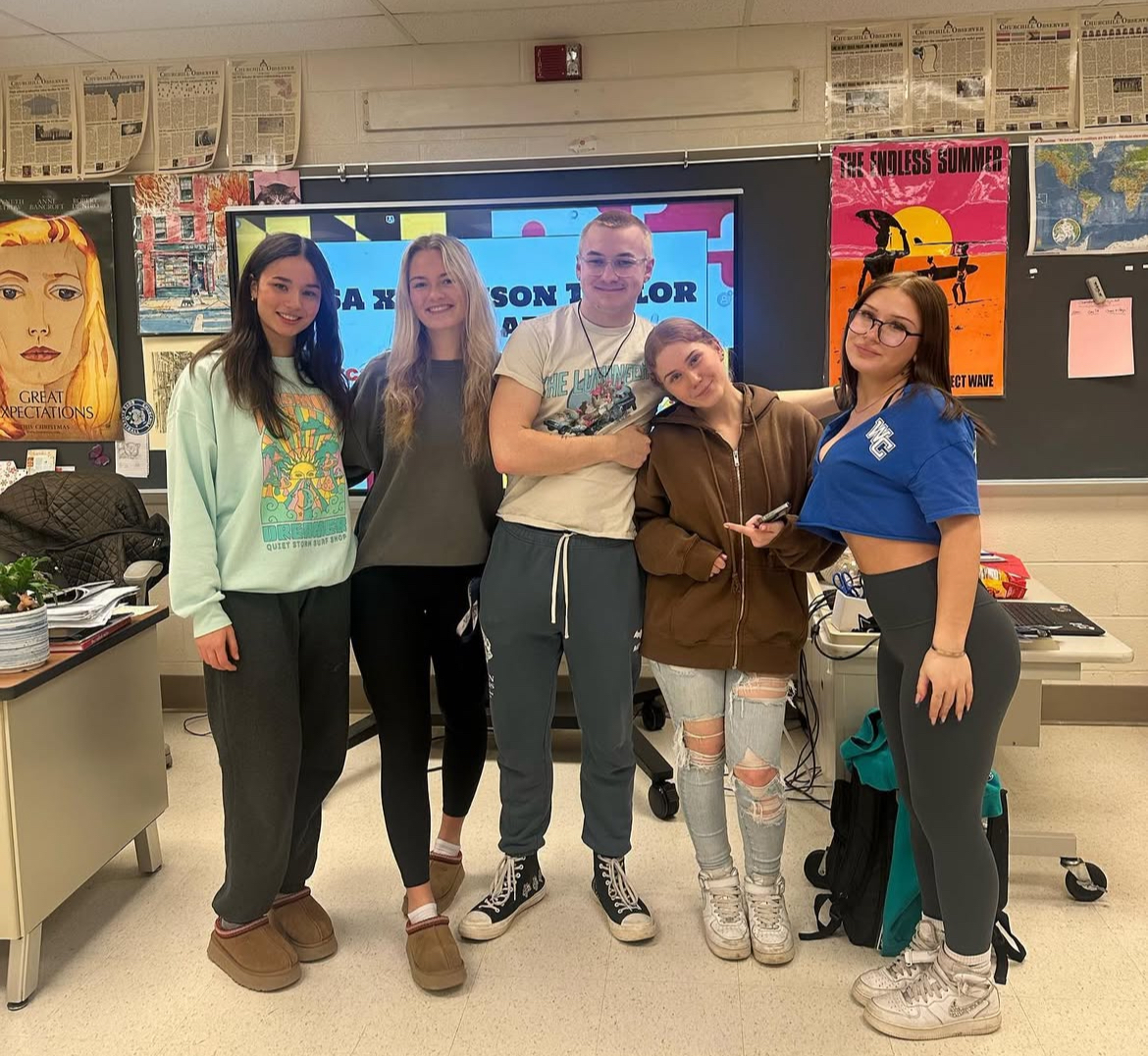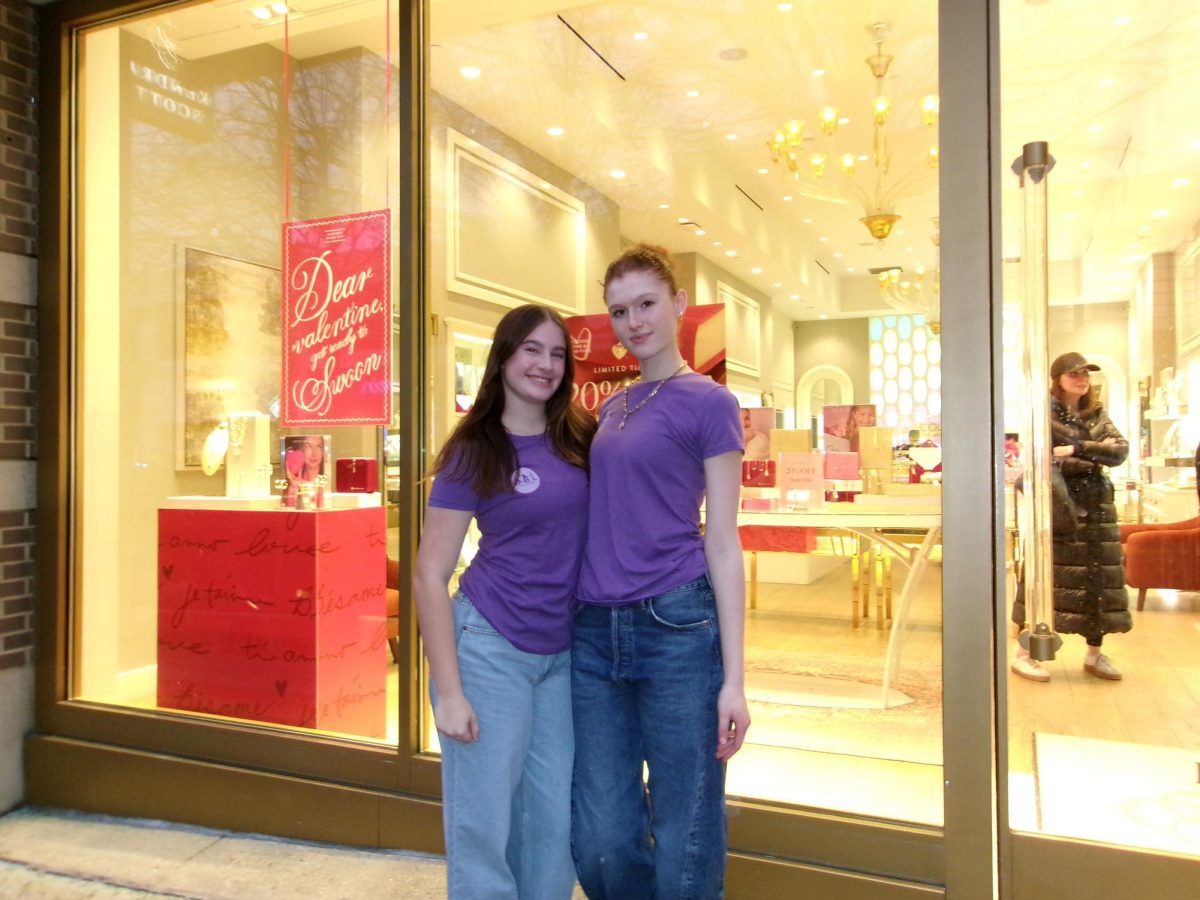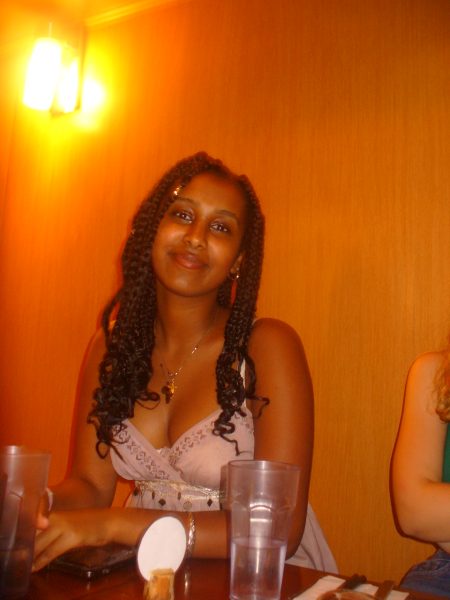If you were in prison, would you be willing to donate some of your organs in exchange for a shorter sentence? This is just one of many tough questions faced by WCHS’ Ethics Bowl team. Sponsored by University of North Carolina’s Parr Center for Ethics, the National High School Ethics Bowl has been operating since 2012. Throughout the school year, the Ethics Bowl team will study 15 cases in preparation for the competition, where they will answer the question that lies at the heart of each case. But the Ethics Bowl is more than just an academic competition, it is a truly unique part of WCHS’ extracurricular ecosystem.
“Ethics Bowl is just so unique and refreshing,” WCHS senior Sophie Wen said. “I was drawn to Ethics Bowl because there was nothing else like it at school. It is not like any debate club, or Model Congress or UN, which have lost their spark for me because of how overdone they are. Ethics Bowl really occupies its own unique niche, because usually you do not run into philosophy or ethics in classes at school.”
This is Wen’s second year as president of WCHS’ Ethics Bowl, and after three years participating on the team, she has gained incredible insight into what makes it so special. A collaborative and thoughtful approach to real-world ethical problems define the team.
“I love to live in the grey areas, and I hate concrete answers,” Wen said. “I like when multiple things can be true at once. Just having to digest that idea with each case feels like exercising your brain. In Ethics Bowl, you get to really think about the ‘why’ of things, which requires real time and effort.”
Ethics Bowl encourages its participants not to debate one another, but to create a dialogue that enriches both sides’ understandings. This policy nurtures an environment filled with genuine passion for philosophy and critical thinking. WCHS senior Camellia Abshire-Cohen, an Ethics Bowl member for the past three years, particularly appreciates the challenging nature of the club.
“Ethics Bowl forces you to become familiar with and understand moral stances you might not actually hold,” Abshire-Cohen said. “A lot of the time people just ignore things they do not agree with, which promotes surface level thinking. Our case introduction meetings are most interesting for me, because that is when our stance is very murky. It is really cool to see people’s different perspectives before we reach our consensus.”
At WCHS, Ethics Bowl is not just the academic preparation for the regional and national level competitions. The team develops a real sense of camaraderie and mutual respect for each other’s commitment. Everyone wants to put their best foot forward, and the team more than shows up for each other.
“The best part of Ethics Bowl is the car rides to competitions, when everyone is going over the case packets and last minute studying our stances,” Abshire-Cohen said. “Everything is intense in that moment, but being surrounded by your supportive teammates relieves a lot of the pressure.”
Ethics Bowl is not just about curiosity, or seeking intellectual dialogue, it is about concentrated and applied pressure. That mutual understanding the team develops is hard won after months of drilling and practice. There is no way to participate in Ethics Bowl without falling into it, as there is a significant time commitment inherent in the research, public speaking practice and improvisational skills developed. For Wen, getting to see the culmination of the team’s hard work at the competition is the most satisfying part of Ethics Bowl.
“The competition is definitely the best part,” Wen said. “You get to experience the nerves and anxiety, but also the joy, success and community with your team. Being able to share something that special with other people is amazing. Even getting breakfast and coffee with the team before is special. But there is nothing so amazing as hearing a judge say you get the point, and getting to know you aced a round. You get to know all your months of work were worth it.”
The upcoming season of Ethics Bowl has already begun, as the case set was released on Sept. 15. In the past, Ethics Bowl case topics have ranged from saviour siblings to vegan dog food. One of the cases for this year’s competition season is “A Pound of Flesh,” where a bill is proposed that would allow incarcerated individuals to donate blood, bone marrow, tissue or organs in exchange for less time spent in prison. To Wen, this case exemplifies the complexities of the Ethics Bowl.
“The case touches on so many relevant issues — from prison reform to racial disparities in access to organ transplants,” Wen said. “It is scary to think about the power dynamics as well— the coercion, the powerlessness of prisoners, and harvesting their organs. And it is not just hypothetical —this is based on a real bill someone tried to pass.”
Through cases like this, Ethics Bowl teaches students to explore nuance and embrace the grey area. Though Wen already knows her argument, the rest of the team has yet to reach a consensus. So– is it ethical to allow this practice? The answer might not be so simple. But for WCHS’ Ethics Bowl team, wrestling with that complexity is exactly the point.
“A lot of Ethics Bowl is trying to understand other people,” Abshire-Cohen said. “The nature of Ethics Bowl involved moral ambiguity and scenarios where one answer is not necessarily the ‘most correct’. It makes you try to think and, personally, it has helped me to establish a good moral compass.”


